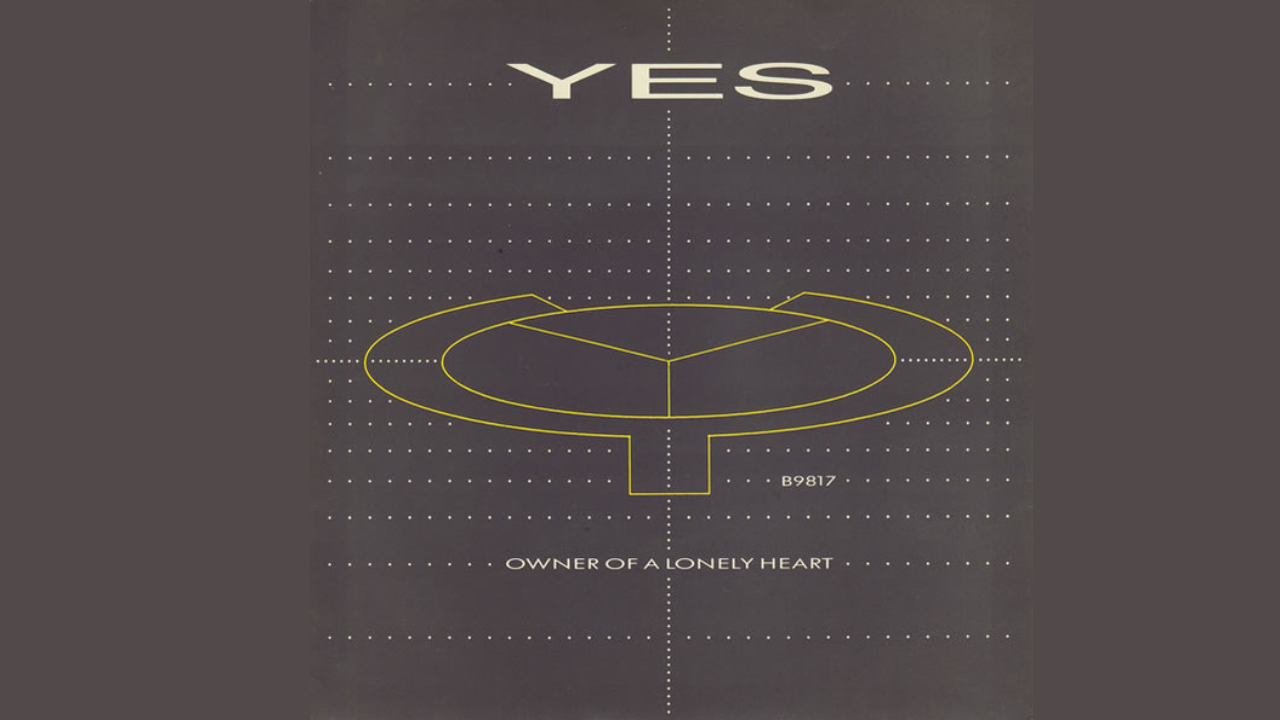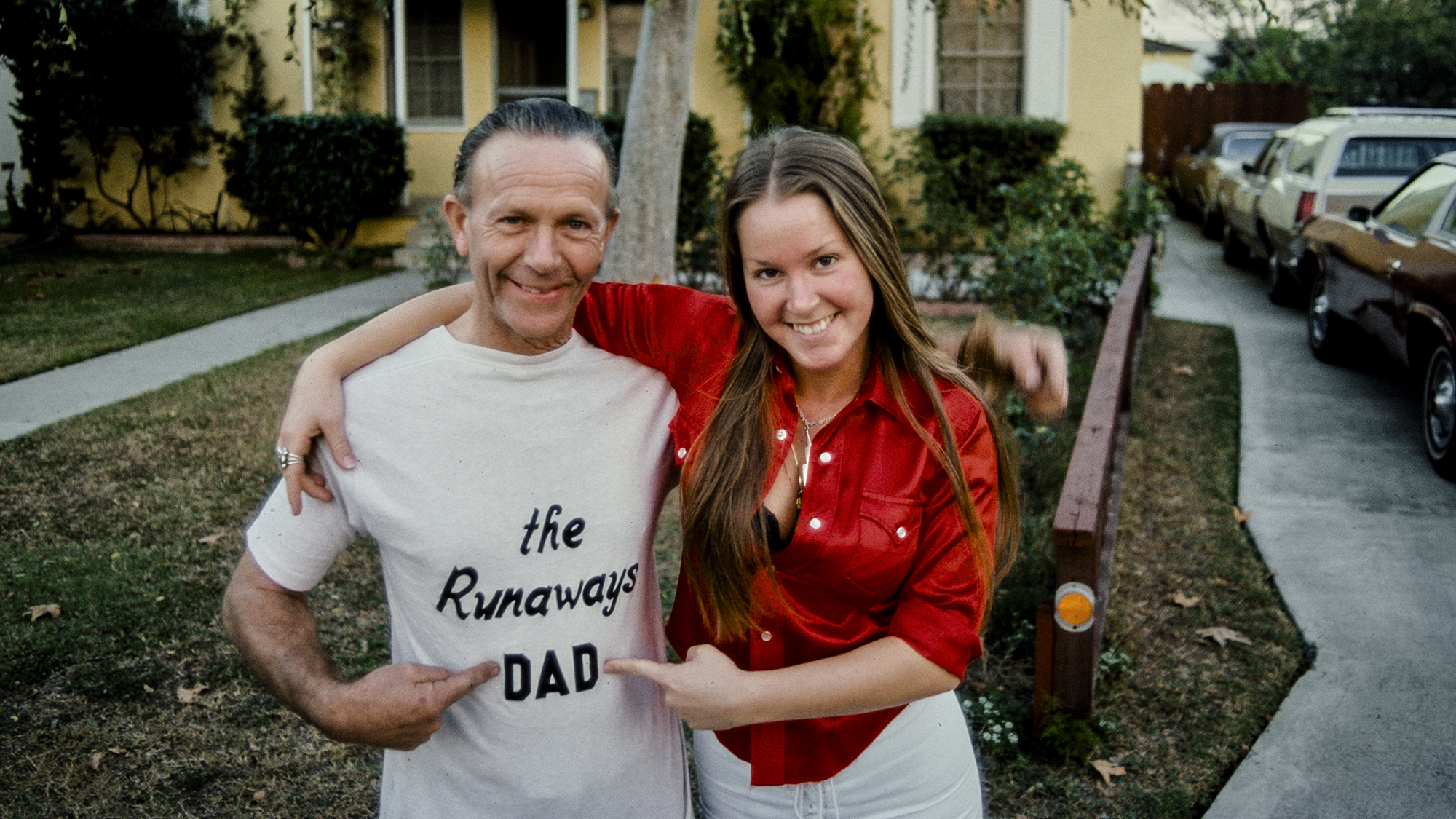“I was on the toilet with my acoustic guitar and I just started playing the riff. I thought, 'Wow, that’s either something or it’s just a bunch of irrelevant notes'. The next day, the riff came back…" How Trevor Rabin wrote Yes’s Owner of a Lonely Heart
Trevor Rabin reveals the origins of the 1983 mega-hit that put Yes on top of the charts

All the latest guitar news, interviews, lessons, reviews, deals and more, direct to your inbox!
You are now subscribed
Your newsletter sign-up was successful
What does the song “Owner of a Lonely Heart” mean to Trevor Rabin over 40 years after Yes recorded it for their 1983 reunion album, 90125? “Age,” the South African–born guitarist and composer says with a laugh. “Forty years. Oh my God! I can’t believe it.”
Yet the song still ranks as the biggest hit Yes ever had. Following a brief breakup in 1981, the band had reunited as Cinema, with Rabin, bassist Chris Squire, drummer Alan White and Yes’s founding keyboardist Tony Kaye.
Once frontman Jon Anderson joined, everyone agreed it was both proper and commercially advantageous to take the Yes name. Ironically, when choosing a producer, the group turned to Trevor Horn, who had replaced Anderson in 1980 and pursued a production career after Yes broke up.
As it happens, “Owner of a Lonely Heart” was written well before the lineup existed. Rabin had composed it years earlier while living in England. The song started life where many great ideas come from.
“I was on the toilet with my acoustic guitar,” he recalls, “and I just started playing the riff. At first I thought, Wow, that’s either something or it’s just a bunch of irrelevant notes. The next day the riff came back. So I thought, That’s gotta be something good, ’cause it didn’t just disappear.”
For Rabin, the song’s sentiment came “from the feeling I’d had when girlfriends dumped me, and I was just driving around with that empty feeling. And it sounds better than ‘broken heart.’ It’s simple as that, really.”
Rabin included the tune on a demo tape he circulated while looking for a record deal in the U.S., where he’d moved in 1978, but it failed to make a positive impression on those who heard it, including famed record exec Clive Davis, who was then at Arista.
All the latest guitar news, interviews, lessons, reviews, deals and more, direct to your inbox!
“He said, ’We feel your voice has Top 40 appeal, but this song is very weird and left field,’” Rabin recalls. “And that was the end of it with him.”
Despite being written and demoed years earlier, “Owner of a Lonely Heart” was a late addition to 90125. “I think there was a consensus it was gonna be on the album at some point,” Rabin says. “It just took a while.”
Prior to recording the song, Anderson changed the verse lyrics to reflect his belief in self-empowerment. “It got to be this philosophical diatribe,” Rabin says. “‘Owner of a Lonely Heart’ is a pretty simple sentiment, but I think Jon’s lyrics worked with it because they ended up meaning something deep.”
For the recording, Rabin recalls, “We did the bass and drums and guitar first. I said, ‘I want to start with this massive reverb version of the riff, and then go completely dry.’ They thought I was nuts, but I said, ‘That’s what’s gonna kick it off.’ You expect this large thing to carry on, but then it kicks into this dry, almost club funk. It was very dynamic.”
“When it came to the solo, I said, ‘I want to do something a little weird. I’m gonna add notes a fifth above to harmonize with what I’m playing.’ Trevor cranked it so loud in the control room, I almost couldn’t play. The minute I finished, I said, ‘Let’s do a couple more.’ But Trevor said, ‘No, no, we’ve got it.’”
Released on October 24, 1983, two weeks before 90125, “Owner of a Lonely Heart” became Yes’s first and only number one hit on the Billboard Hot 100 and also topped the Hot Mainstream Rock Tracks chart. It placed number eight on Billboard’s 1984 year-end chart, a testament to its impact at the time.
Rabin says he first heard the song on the radio while tanning at home in Los Angeles. “It didn’t sound too good,” he says. “I thought, ‘Ooh, I think we might be in trouble.’ But then I began hearing it all the time on the radio in the car, and I started to think it could be a hit.”
He learned it had reached number one while vacationing in Miami. As he celebrated with a glass of champagne by the hotel pool, a woman whisking down a water slide slammed into him and ruptured his spleen.
The accident required emergency surgery and postponed Yes’s support tour, but once he’d recovered, Rabin sent a souvenir to Clive Davis: a photograph of the Billboard chart showing “Owner” at number one.
For more information visit Yesworld.com
Gary Graff is an award-winning Detroit-based music journalist and author who writes for a variety of print, online and broadcast outlets. He has written and collaborated on books about Alice Cooper, Neil Young, Bob Seger, Bruce Springsteen and Rock 'n' Roll Myths. He's also the founding editor of the award-winning MusicHound Essential Album Guide series and of the new 501 Essential Albums series. Graff is also a co-founder and co-producer of the annual Detroit Music Awards.

